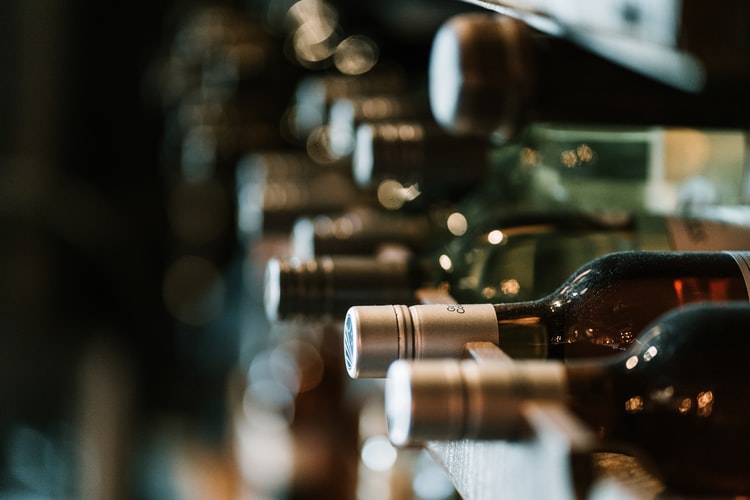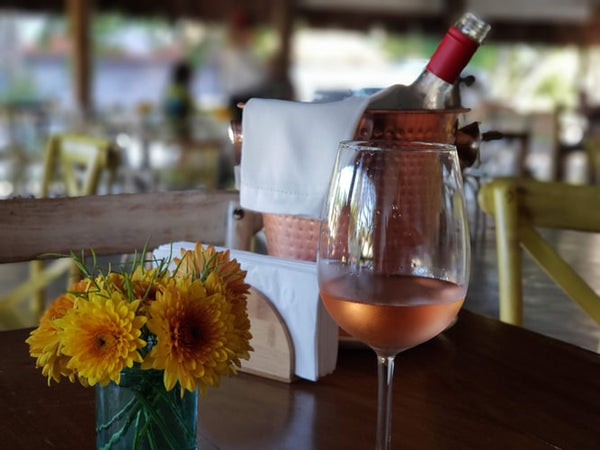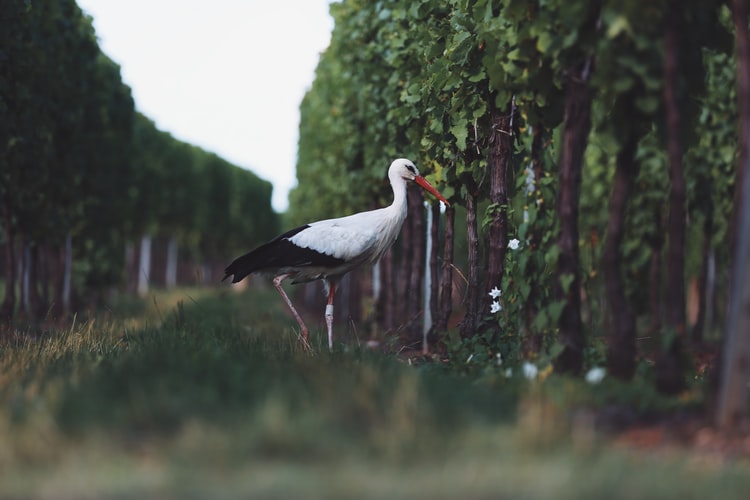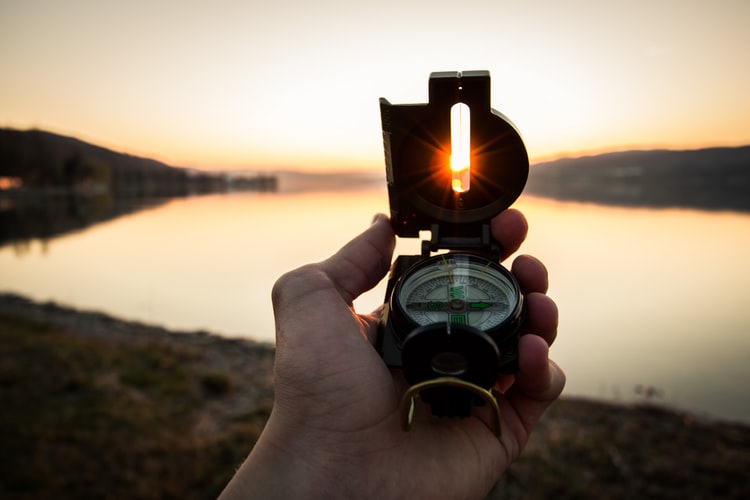
Considering Quality in Wine
Have you ever wondered how wine is analysed and judged by professionals? Whilst we believe that style will always triumph ultimately in terms of what we prefer to drink, the more you get into the world of wine, the more you start to try and figure out what it's all about. So, how do we go about it? The most important element of it is to have a system of some sort; saying 'I like this' works as a personal benchmark but it rarely goes beyond that.
Try as we might to make wine as objective as possibly, there's invariably a large amount of context, bias and human error involved in the act of trying to evaluate wine. Still, regardless of whether you're a wine student, a wine-maker, a sommelier or just someone who really loves a good glass, evaluating quality always comes down to 4 points used as a foundation for an assessment. So, we'd like to introduce you to BLIC! Balance, Length, Intensity and Complexity:
Balance — Is the wine balanced? Does anything stick out unpleasantly, or does any one part of the wine overpower the others? Sometimes very acidic wines can become a little tart if the flavours aren’t concentrated enough. Sweet wines can taste cloying and sloppy if the acidity is too low to support the sugar concentration. Alcohol can be quite aggressive and hot if it’s unreasonably high in the context of the wine. Even something you really enjoy in a wine, say bright, fruity flavours, can make a wine quite disappointing if everything else falls flat by comparison.
Length — How long do the desirable flavours last for? Some wines can be quite basic and still be well balanced. Some wines can be quite basic and give the impression of quality, often due to manipulation of oak, lees contact and extraction. A good, long finish however, is essentially impossible to achieve without healthy, top quality grapes and as such, is a mark of real quality.
Intensity — How intense are the flavours in the wine? This is something I find is often misjudged as it’s easy to confuse power and size with intensity. You can have a 15% ABV Barossa Shiraz that has real intensity on the palate but at the same time, a 9.5% ABV Riesling from the Mosel Valley can pack just as much of a punch. Intensity is the strength and impact of those flavours and how they’re delivered. I recall Jancis Robinson MW referring to her first experience with Musigny Grand Cru as being like ‘an iron fist in a velvet glove’ which very much encapsulates the concept.
Complexity — How complex are the aromas and flavours in the wine? Is it a young, simple wine or is there a level of development there? Can you easily distinguish between primary fruit flavours, secondary influences of wine-making and the tertiary effects of bottle ageing? Does it improve the wine as a whole?

Now, it’s fair to say that this system isn’t perfect. I’m sure many of us can think of a wine that is absolutely delicious without being overly complex. I’m sure that, as individual consumers, some of us like wine that is sometimes a little bit unbalanced providing it’s in favour of an attribute we happen to particularly enjoy. It’s also been noted that certain wine styles, particularly those with levels of brett, volatile acidity and other ‘faults’/quirks fare quite poorly, regardless of how tasty they are. This is where individual tasting scope and common sense comes into play; the system is after all, just a foundation to be built upon, not a stand-alone all encompassing solution. Some of these are very personal and some are more tangible than others, but we like to consider the following as well:
Typicity — Typicity is a hard thing to define, but it ultimately comes down to being able to easily relate the wine to the place where it came from, and the grapes it's made from. We love innovation and trying new things, but individuality and quirkiness are so much better when you can still get that sense-of-place that our favourite wines have. Whether it's a grower Champagne or an orange wine by Radikon in North-East Italy, it's all the more delicious for being 'typical'!
Refreshment – This one is always a little controversial, but increasingly, we're on the look-out for refreshing wines, wines that make you want to pour another glass. Whilst there's a lot to be said for the power and complexity of certain wine styles, without the acidity to liven them up, it can be hard work getting through a glass or two!
Accessibility — Can I drink this now or do I have to wait for a number of years before opening it? Put simply, a lot of high quality wines are quite aggressive when they’re very young and require time in the bottle for the components to integrate, soften and become more expressive. This can be an issue for anyone but particularly anyone without long term storage. As a result, we tend to find ourselves buying wines that can be enjoyed over the coming years rather than decades. Cru Beaujolais, Rosso wines from Tuscany, Chardonnay from the Macon and German Riesling all tick this box for us!
Is it delicious? - The most subjective, but arguably most important, factor of them all. Do you want to pour yourself another glass of it? Is it good enough that you’d want to share it with your friends? It's an interesting thing, but if you put a few open bottles on the table with a group of friends, it's very telling to see which one disappears the fastest.

I suppose the most important consideration of systematic tasting and analysis is to have a few criteria to go by, regardless of what they are. This is ultimately how we develop our own preferences, tasting experience and slowly start to unravel and learn the world of wine from a practical point of view. As soon as you start to stop and think about a glass of wine, your relationship to wine starts to change; for the better, I hasten to add! If you don’t already, the next time you drink a glass of wine take 30 seconds to ask yourself ‘What do I like about this wine?’ It’s well worth the time!
For more on our specially designed wine luggage and more detailed information on how to travel with alcohol, check out the links below:



Leave a comment
This site is protected by hCaptcha and the hCaptcha Privacy Policy and Terms of Service apply.